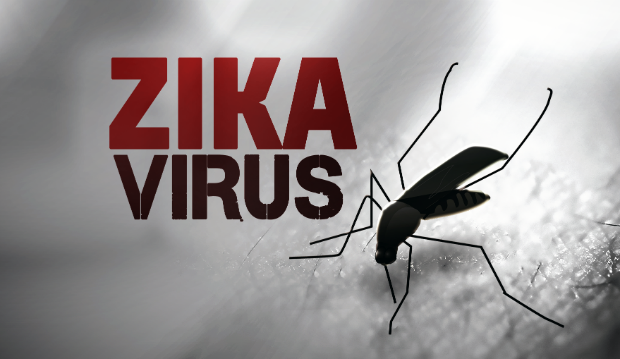
The specter of the Zika virus, which has been linked both to microcephaly in newborns and Guillain-Barré, a condition that causes paralysis in adults, has loomed large over the Rio Olympics in Brazil, the epicenter of the outbreak. Now, the first American athlete has withdrawn from the competition due to worries about catching the bug.
American cyclist Tejay van Garderen has removed himself from consideration to compete in the games due to concerns about passing it on to his pregnant wife, who is due to give birth in October. Van Garderen was a top contender for one of the two spots on the U.S. cycling squad, having competed in the 2012 Olympics and multiple Tours de France.
Other, more high-profile Americans have expressed concerns about competing in Rio. They include U.S. women’s soccer goaltender Hope Solo, although she says she will play but will not leave her hotel room other than to play in the games.
Van Garderen’s decision comes after a group of 150 health experts called for the Rio games to be moved or postponed because of Zika, which can be transmitted by mosquito, from men to women sexually, and through blood-to-blood contact. The World Health Organization insists the games should proceed as planned.
As of May 25, the most recent Centers for Disease Control and Prevention data available, there have been 591 reported Zika cases in the United States. There has been one Guillain-Barré syndrome case. All acquired the virus acquired while traveling abroad, and not in the United States. Public health experts warns it’s likely only a matter of time before the virus is transmitted on U.S. shores.
The outbreak is worse in U.S. territories, especially Puerto Rico, where the CDC estimates 20 percent of the island’s residents will catch it. Of the 939 cases across U.S. territories, almost all – 935 – were contracted in American Samoa, Puerto Rico, and the U.S. Virgin Islands. There have been five Guillain-Barré cases in the three U.S. territories.
(c) 2016, Foreign Policy · David Francis

